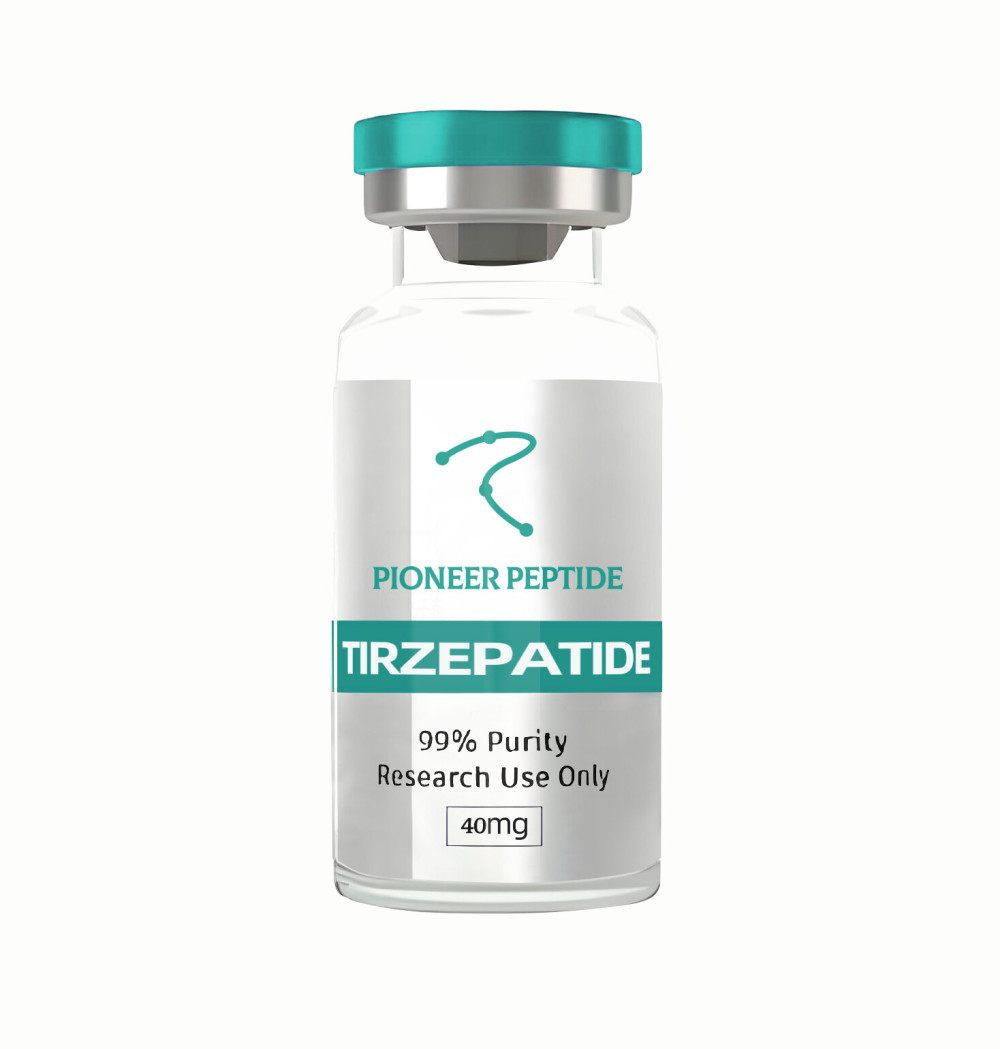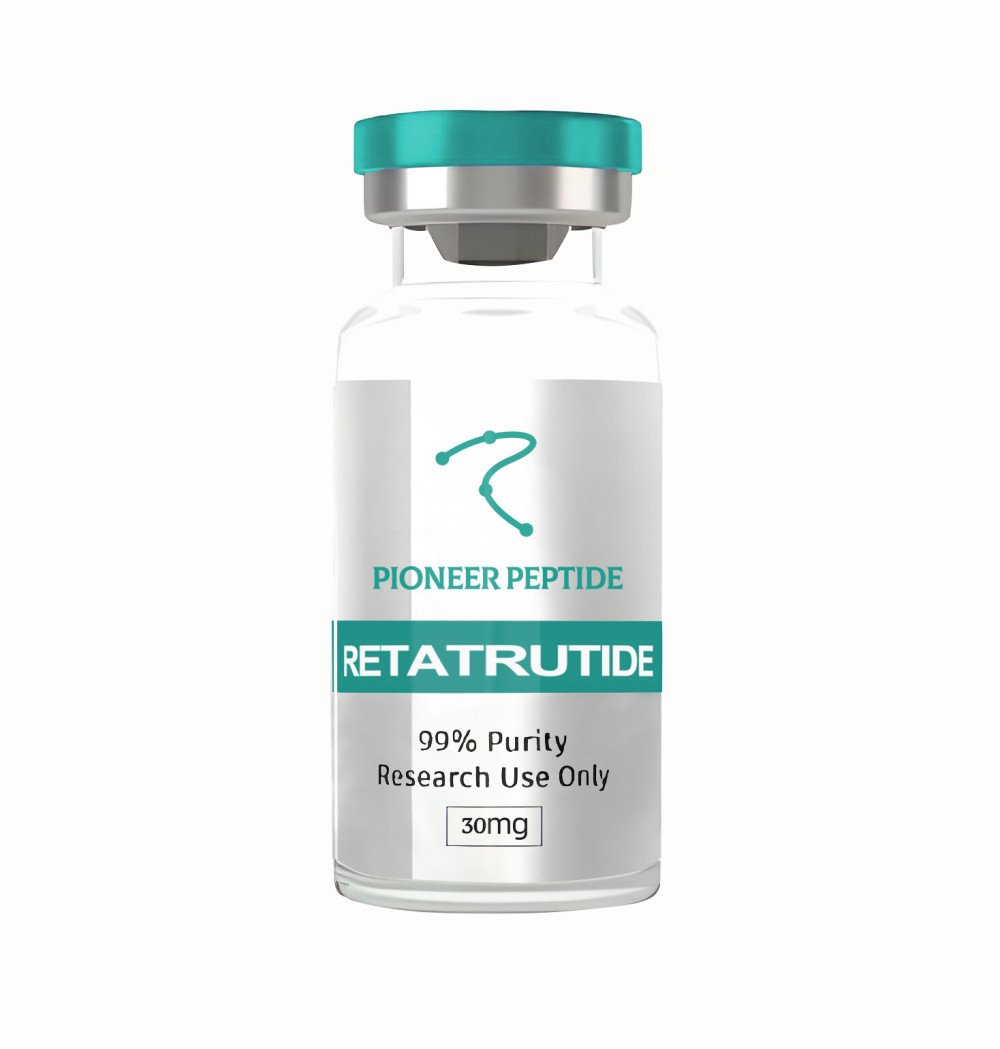news
How Can a Peptide Factory Help Various Fields Achieve Peptide Production Goals?
In fields ranging from medical research to cosmetic innovation and nutritional development, the demand for high-quality peptides continues to grow—but producing peptides that meet specific standards is no easy task. Peptides require precise molecular assembly, strict purity control, and alignment with industry-specific needs, which is why partnering with a dedicated peptide factory has become a go-to solution for organizations aiming to turn their peptide-related ideas into reality.
A peptide factory stands out by offering technology tailored to diverse production demands. Unlike generic manufacturing facilities that may struggle with peptide-specific challenges, these specialized factories house equipment designed for both small-scale and large-scale peptide synthesis. For instance, a research team needing a small batch of a custom peptide for preliminary studies can rely on the factory’s bench-top synthesizers, which prioritize accuracy for unique sequences. On the other hand, a cosmetic brand scaling up production of peptide-infused serums can leverage the factory’s industrial-grade systems, which balance speed and consistency to meet high-volume orders. This versatility ensures that whether the goal is testing a new peptide in a lab or launching a commercial product, the peptide factory has the tools to deliver.
Another key way a peptide factory supports different fields is through its ability to adapt to specific industry requirements. Take the nutritional supplement sector, for example—peptides here need to be stable under varying storage conditions and compatible with other supplement ingredients. A peptide factory works with clients to adjust synthesis and formulation processes, ensuring the final product retains its effectiveness. In medical research, where peptides may be used in preclinical studies, the factory adheres to strict documentation practices, providing detailed records of every production step to support research reproducibility. This adaptability means the peptide factory doesn’t just produce peptides—it crafts solutions that fit the unique rules and goals of each field.
Quality consistency, a non-negotiable factor across all industries, is a hallmark of a reliable peptide factory. No matter the application, impure or inconsistent peptides can derail progress: a contaminated peptide could skew research results, while a peptide with varying purity levels might harm a cosmetic product’s performance. To avoid this, a peptide factory implements multi-layered quality checks. Raw materials are tested for purity before synthesis, and during production, samples are regularly analyzed using HPLC and mass spectrometry. After production, every batch undergoes final testing to confirm it meets the client’s specifications—whether that’s 98% purity for a research peptide or compliance with cosmetic safety standards. This unwavering focus on quality gives clients confidence that their peptides will perform as expected, every time.
Collaboration is also central to how a peptide factory adds value. Many organizations lack in-house expertise in peptide synthesis, so the factory’s team of specialists acts as a partner, not just a supplier. They work with clients to refine peptide sequences, suggest modifications to improve stability, and offer guidance on scaling production. For a startup developing a peptide-based skincare line, this collaboration might involve troubleshooting formulation issues to ensure the peptide integrates smoothly with other ingredients. For a research lab, it could mean adjusting synthesis parameters to reduce waste and lower costs. This hands-on support turns the peptide factory into an extension of the client’s team, helping them overcome challenges and stay on track toward their goals.
Whether you’re a researcher chasing a breakthrough in peptide-based therapies, a cosmetic developer creating next-generation anti-aging products, or a nutrition company formulating peptide supplements, a peptide factory is a critical ally. It brings specialized technology, industry-specific adaptability, consistent quality, and collaborative support—all essential for turning peptide production goals into success. By choosing a peptide factory that understands your field’s unique needs, you can streamline your workflow, reduce risks, and focus on what matters most: driving innovation in your industry.
Next:Penelope Stevenson
Related recommendations
NEWS

Please input the company introduction of your enterprise here, please input the company introduction of your enterprise here, please input the company introduction of your enterprise here, please input the company introduction of your enterprise here.
15174555835
support@pioneerpeptide.com
No.175 Shengli Street, Jiaxing,Zhejiang


